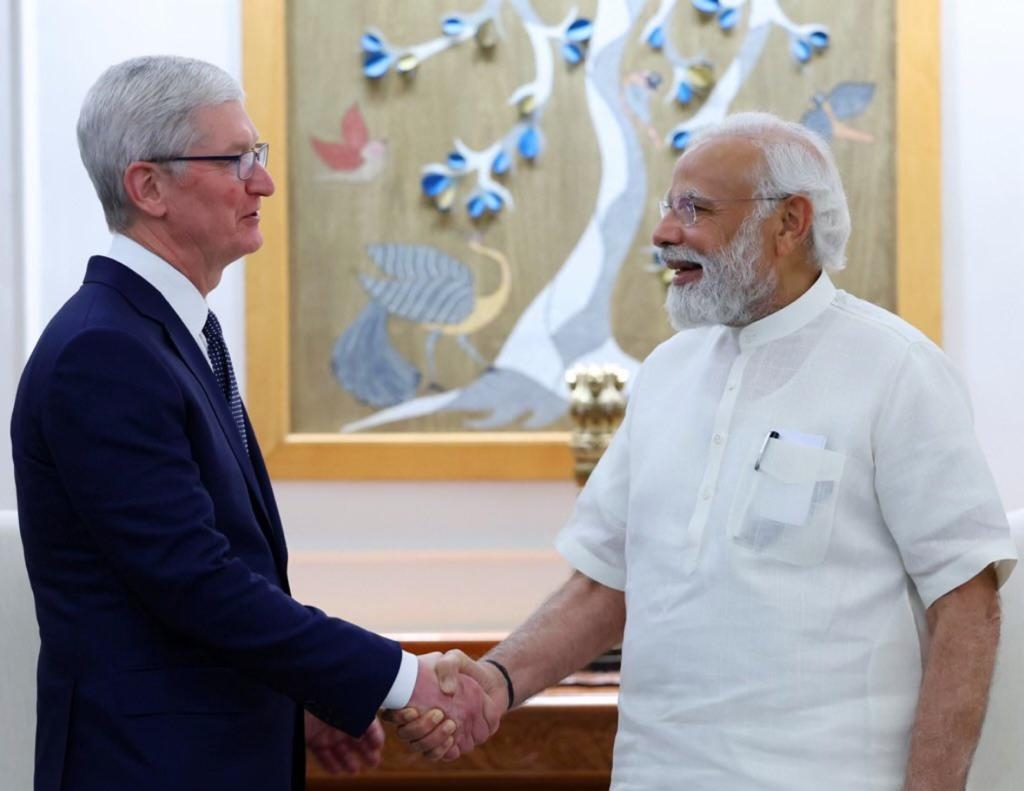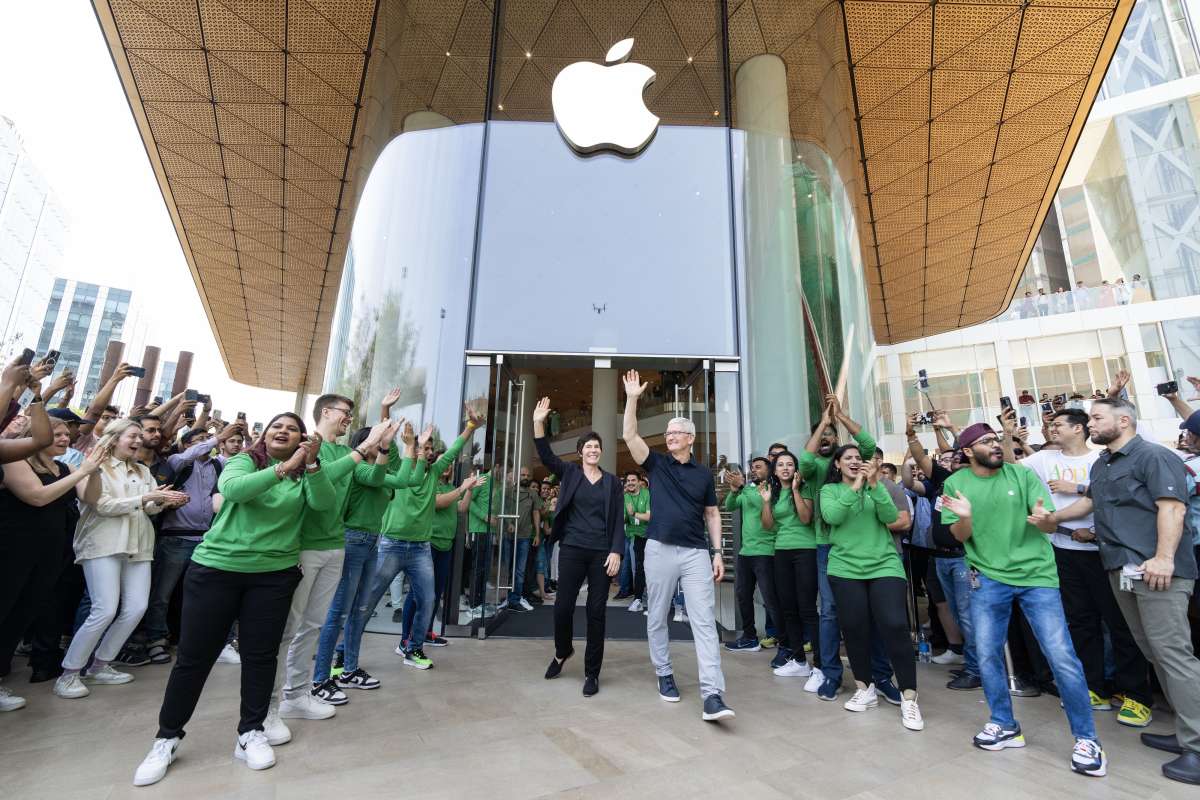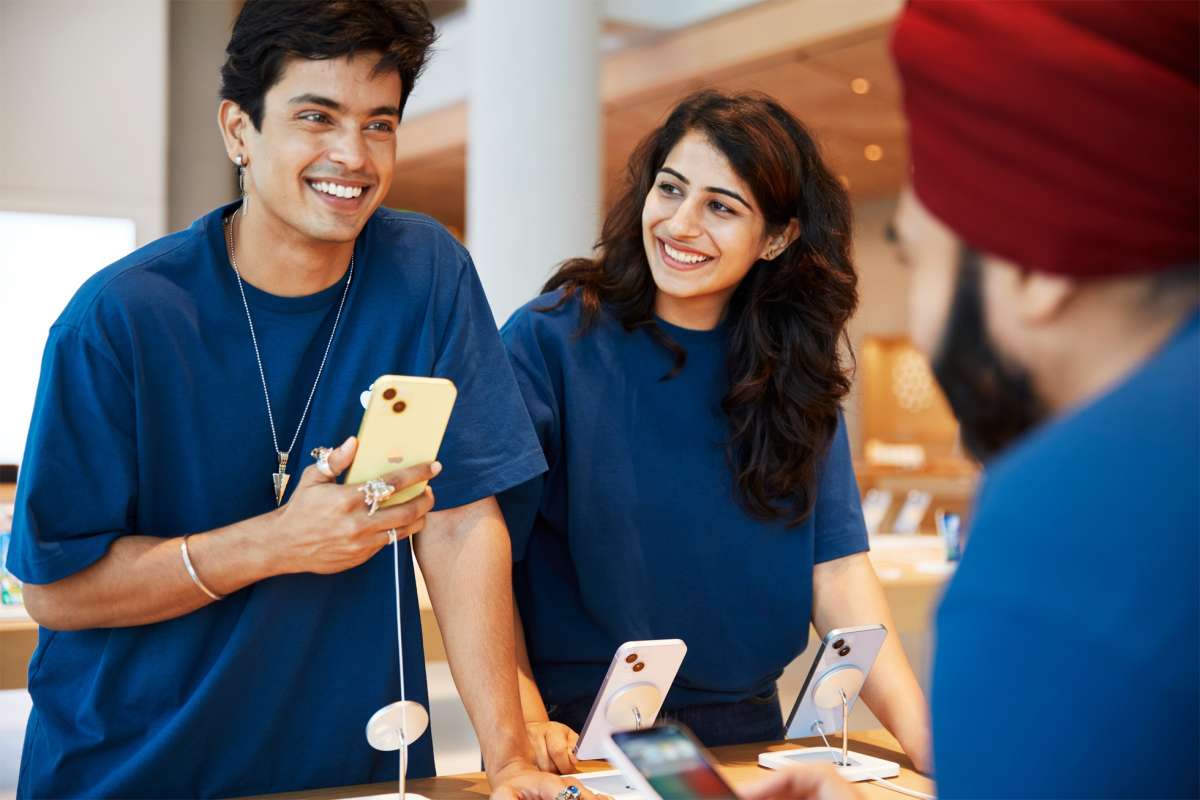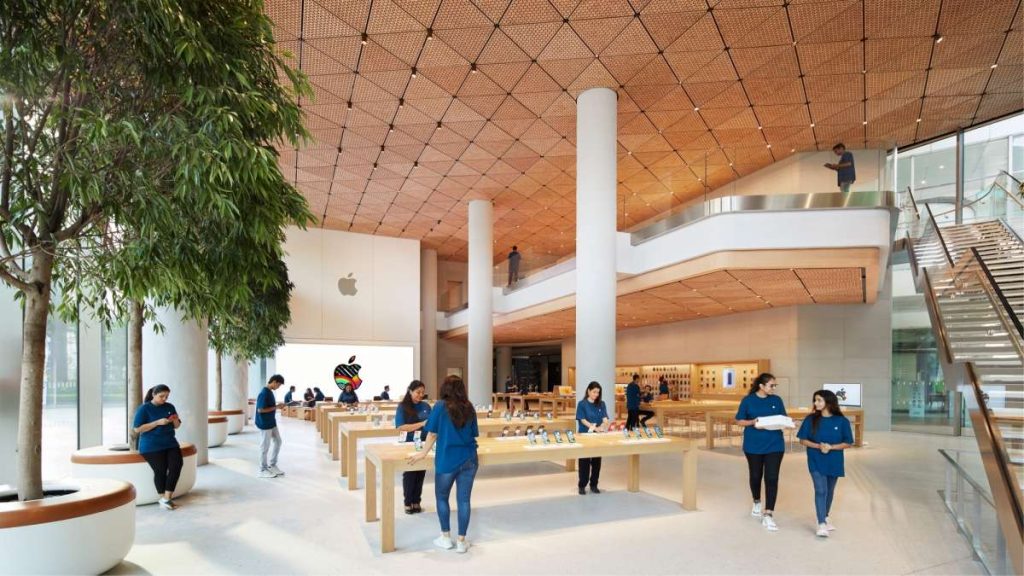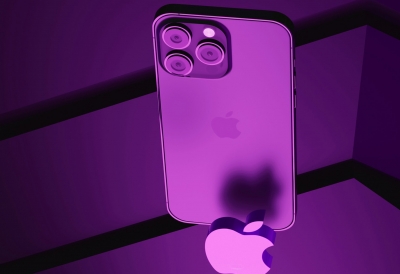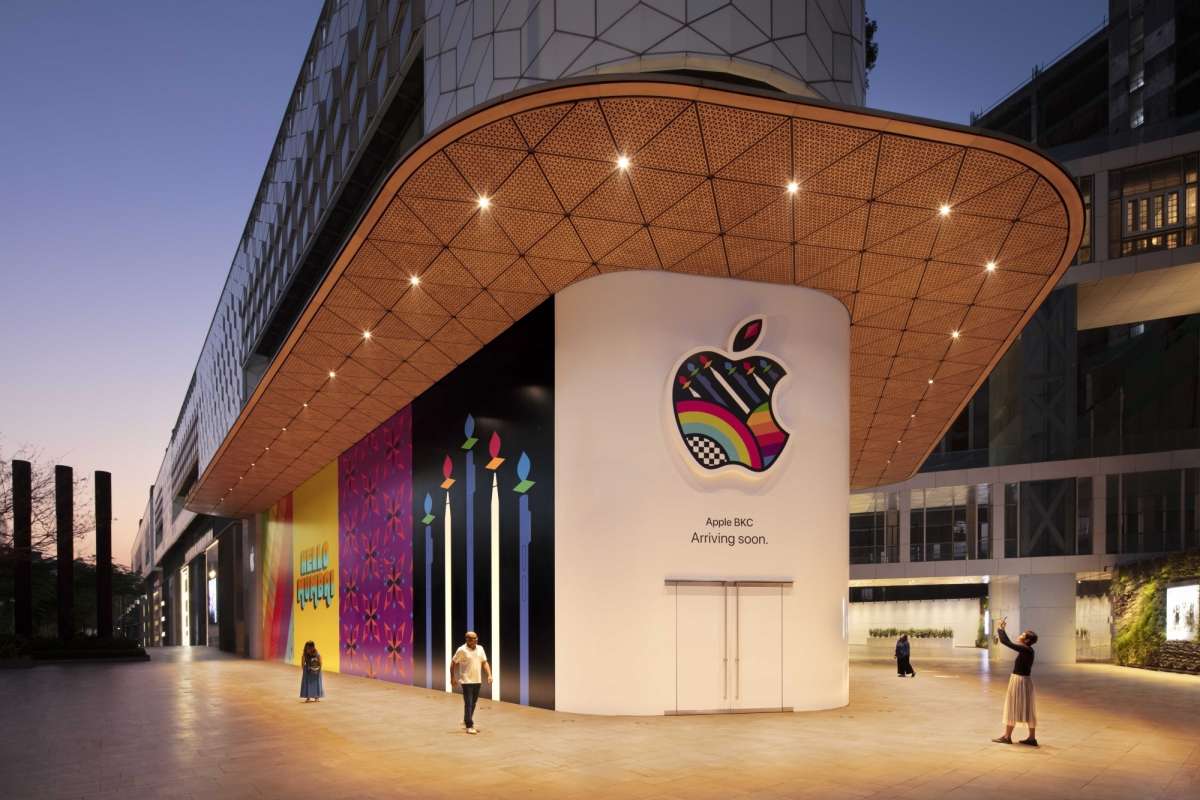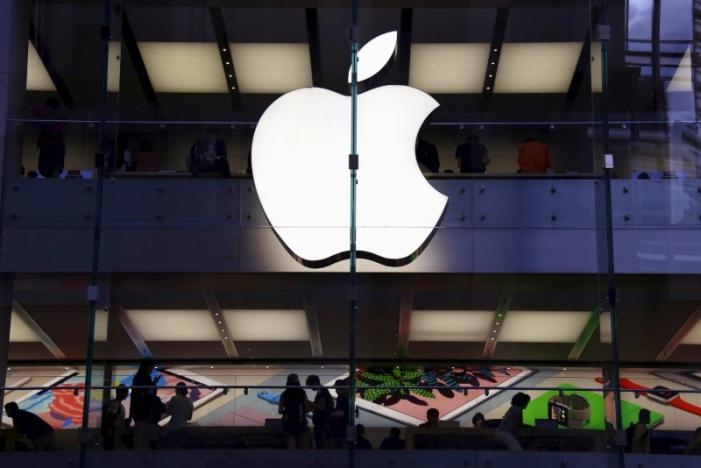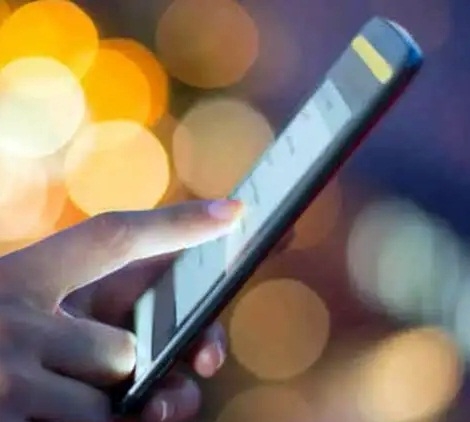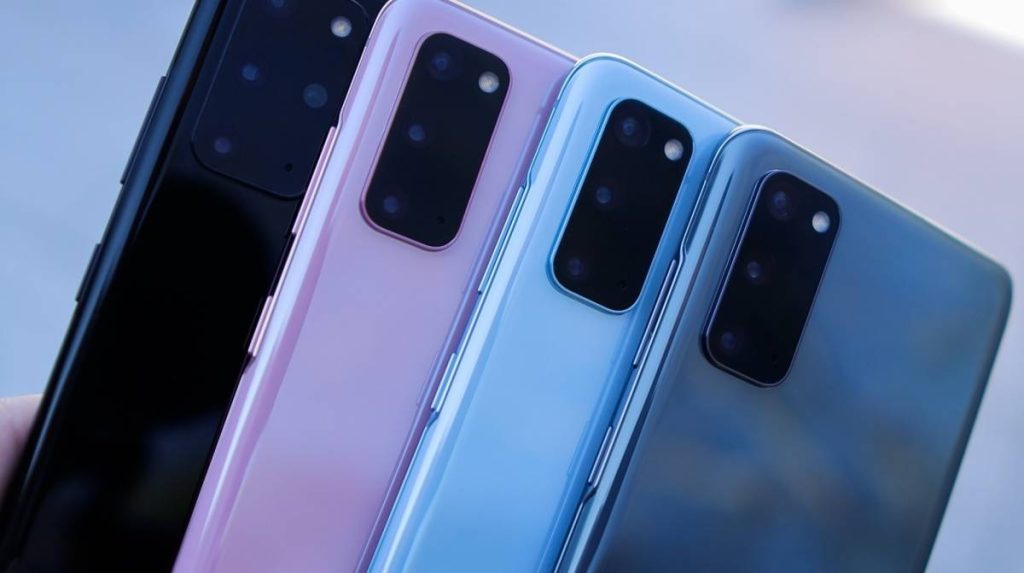Government sources said Apple has been praising the stability of India’s policy calling it “clearly impressive”…reports Asian Lite News
In a series of meetings with the Union government and Prime Minister Narendra Modi, Apple Chief Executive Officer Tim Cook has expressed confidence about a long-term working relationship with India.
After the meeting with Prime Minister Modi, Tim Cook on Wednesday tweeted, “Thank you Prime Minister @narendramodi for the warm welcome. We share your vision of the positive impact technology can make on India’s future — from education and developers to manufacturing and the environment, we’re committed to growing and investing across the country.”
Prime Minister Modi also tweeted after the meeting saying, “An absolute delight to meet you, @tim_cook! Glad to exchange views on diverse topics and highlight the tech-powered transformations taking place in India.”
Government sources said Apple has been praising the stability of India’s policy calling it “clearly impressive”.
Viewing India as its long-term market, the iPhone manufacturer has expressed interest in expansion plans, including manufacturing the latest products.
Currently, the employment strength of Apple in India stands at 1 lakh. Sources said this is expected to go up to 2 lakh in the coming years.
In terms of the required skilled labour, the Union government stands committed to supplying the required manpower including providing customised requirements. It is in the public knowledge that Gati Shakti Vidyalaya is designing courses for manufacturers. The sources say that such a similar arrangement can also be made for Apple.
Tim Cook is currently in India for the launch of two Apple stores. The first was launched in Mumbai on Tuesday while the second retail store will be launched in Delhi on Thursday.
In another development, Union Minister Ashwini Vaishnaw also tweeted about his meeting with CEO Tim Cook.
Late Wednesday, the minister posted, “Met with @tim_cook, CEO, Apple. Discussed deepening Apple’s engagement in India across manufacturing, electronics exports, app economy, skilling, sustainability and job creation especially for women. Jointly charting a long-term and strong relationship.”
Minister of State for IT and Electronics Rajeev Chandrasekhar also met the tech giant’s CEO on Wednesday.
The MoS tweeted, “It was a delight to meet @tim_cook CEO, @Apple and his team to engage on Apple’s strategic and long-term partnership with and in India’s digital journey. We discussed deepening and broadening manufacturing, exports, skilling of youth, expanding app n innovation economy and job creation. #NewIndia #IndiaTechade @_DigitalIndia”.
Cook also met Union Minister of State for Electronics and IT, Rajeev Chandrasekhar, and discussed how to further boost local manufacturing and iPhone exports.
Apple logged a record over $5 billion in iPhone exports from India in FY23.
“It was a delight to meet @tim_cook CEO, @Apple and his team to engage on Apple’s strategic and long-term partnership with and in India’s digital journey,” the minister said in a tweet.
“We discussed deepening and broadening manufacturing, exports, skilling of youth, expanding app an innovation economy and job creation,” Chandrasekhar added.
Mobile phone exports rose from Rs 45,000 crore in FY22 to Rs 90,000 crore in FY23, surpassing the previous estimate of Rs 75,000 crore.
The outstanding performance of the performance-linked incentive (PLI) scheme for mobile phones serves as an inspiration for other electronic segments to emulate this success in increasing manufacturing and exports.
The Apple ecosystem in India has generated over one lakh new direct jobs in manufacturing in the last two years, according to Chandrashekhar.
“About 70 per cent of these are 19-24 year old women, who are starting their careers, acquiring skills and improving the ease of living for their families,” he added.
Apple began manufacturing iPhones in India in 2017, and since then, the company has worked with suppliers to assemble new iPhone models and produce a growing number of components.
Apple has always believed that education is the great equaliser for people and the tech giant will continue to expand education and skilling initiatives in India to connect more underprivileged kids to the mainstream, Cook said.
Returning to India after seven years to launch Apple’s first own-branded retail store here, Cook paid a visit to Sitaram Mill Compound municipal school in Lower Parel area in Mumbai where Apple has integrated iPads and Apple TVs into the classrooms.
The English medium BMC school is run by teachers and staff members who are part of The Akanksha Foundation, a non-profit organisation. The school currently has 470 students and 55 alumni, and each class has up to 40 students.
“Since the founding of the company, we’ve been very focused on education. It’s very deep in our DNA. The programmes like this really make my heart sing because we can see our products live in a learning environment,” Cook said.
ALSO READ-Tim Cook opens Apple’s first retail store in India

